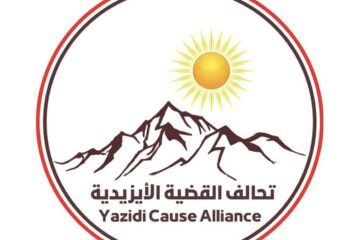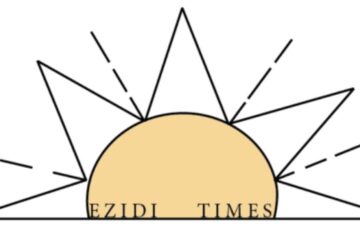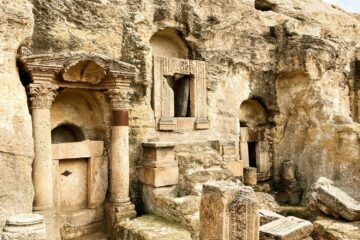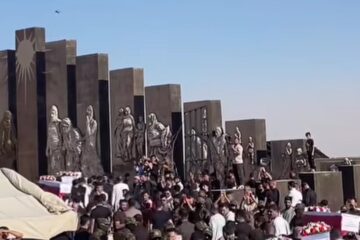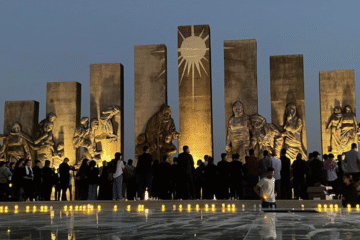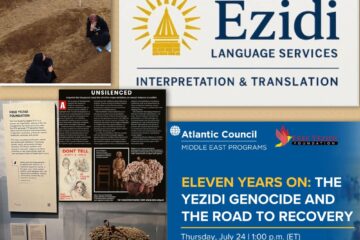Ezidier kræver repræsentation ved Iraks kommende valg
Mens Irak nærmer sig parlamentsvalget den 11. november, søger Ezidierne endelig en repræsentation, der udspringer fra deres egne rækker. Efter år med fordrivelse og tilsidesættelse stiller flere Ezidi-kandidater op — samlet i Ezidi Cause Alliance — for at kræve retten til at tale og beslutte for sig selv.
